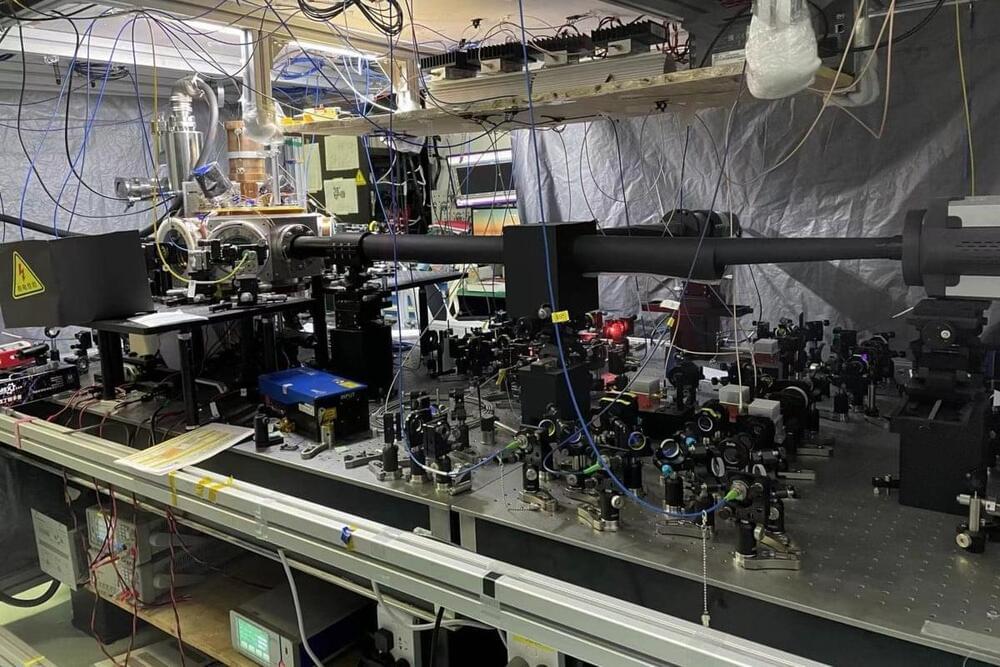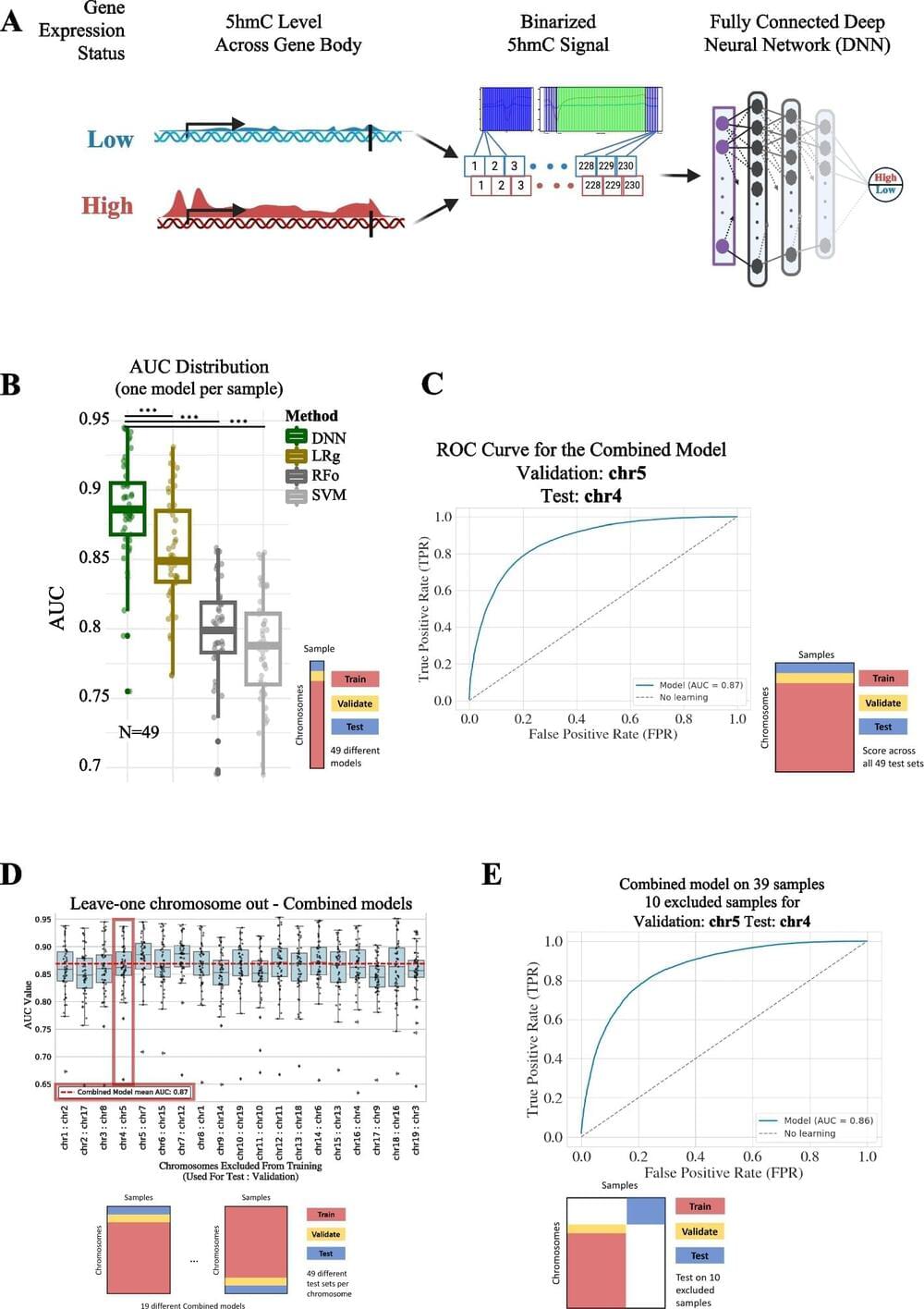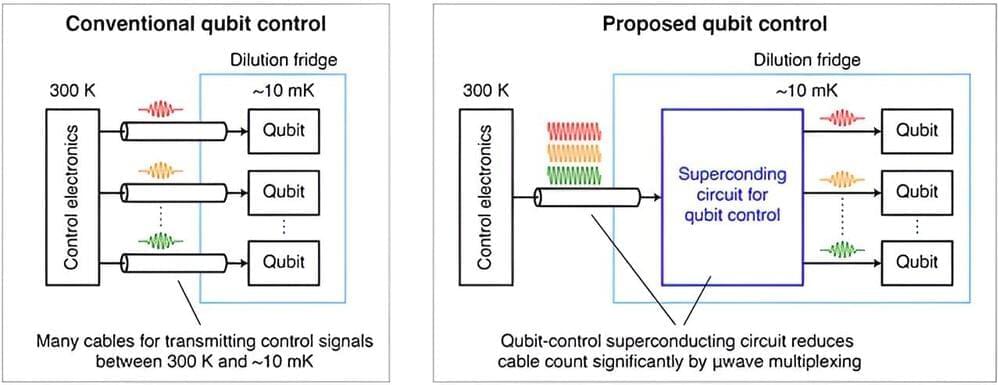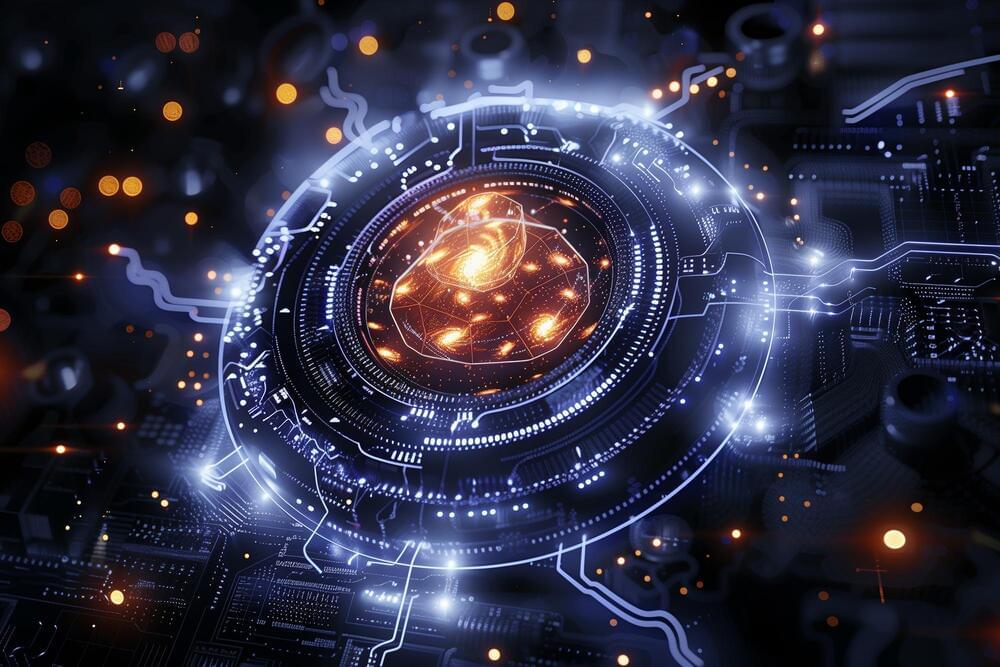It seems like over the past few years, Quantum is being talked about more and more. We’re hearing words like qubits, entanglement, super position, and quantum computing. But what does that mean … and is quantum science really that big of a deal? Yeah, it is.
It’s because Quantum science has the potential to revolutionize our world. From processing data to predicting weather, to picking stocks or even discovering new medical drugs. Quantum, specifically quantum computers, could solve countless problems.
Dr. Heather Masson-Forsythe, an AAAS Science \& Technology Fellow in NSF’s Directorate for Computer and Information Science and Engineering, hosts this future-forward episode.
Featured guests include (in order of appearance):
Dr. Spiros Michalakis, the manager of outreach and a staff researcher at Caltech’s Institute for Quantum Information and Matter, an NSF Physics Frontiers Center.
Dolev Bluvstein, a doctoral student at Harvard University, working in the Lukin Group at the Quantum Optics Laboratory.
Dr. Scott Aaronson, Schlumberger Chair of Computer Science at The University of Texas at Austin and director of its Quantum Information Center.






